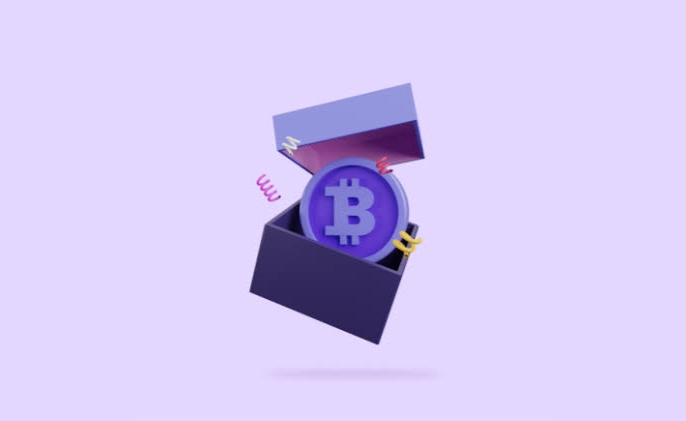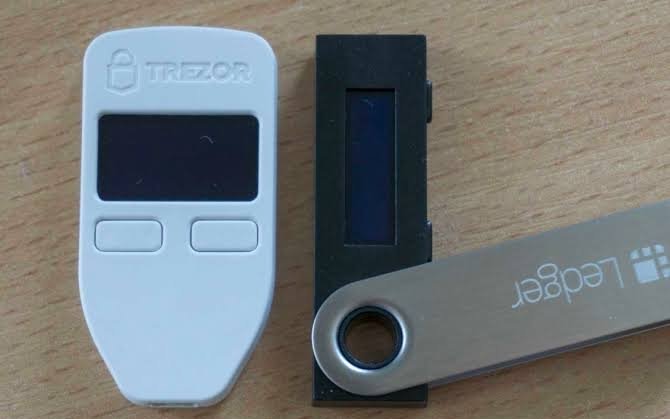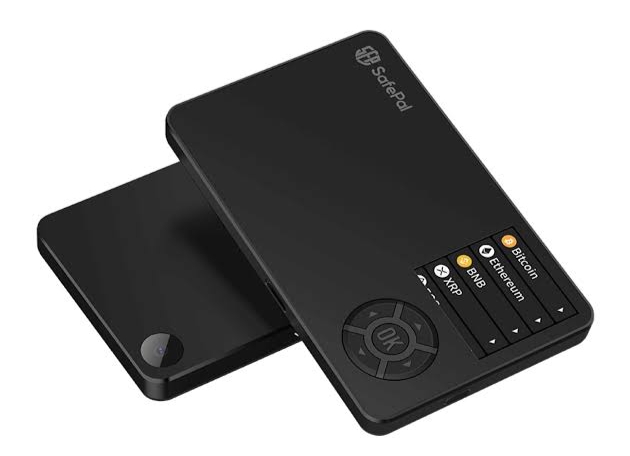There are several methods for storing cryptocurrencies, each with its own level of security:
Cryptocurrency Wallets: A cryptocurrency wallet is a software application that allows you to store, send, and receive digital assets. There are two main types of wallets:

Hot Wallets: These are connected to the internet and are convenient for frequent transactions. They include online wallets, mobile wallets, and desktop wallets.

Cold Wallets: These are not connected to the internet, providing a higher level of security against hacking attempts. Cold wallets include hardware wallets and paper wallets.

Hardware Wallets: A hardware wallet is a physical device that stores your private keys offline, reducing the risk of online attacks. They are often considered one of the most secure options for long-term storage.

Paper Wallets: A paper wallet is a physical document containing your cryptocurrency public and private keys. It's generated offline, making it immune to online threats. However, it's essential to keep it safe from physical damage and unauthorized access.
Online Exchanges: Many people store their cryptocurrencies on exchanges where they bought them. While this is convenient for trading, it's generally considered less secure, as exchanges can be targeted by hackers.

Multi-Signature Wallets: Multi-signature wallets require multiple private keys to access funds, adding an extra layer of security. These wallets are often used by businesses or in more complex financial arrangements.
Security Best Practices: Regardless of the wallet type, there are essential security practices to follow:
Use strong and unique passwords for your wallet.
Enable two-factor authentication (2FA) wherever possible.
Keep your wallet software and devices up-to-date with the latest security patches.
Backup your wallet regularly and store backups in a secure location.
Be cautious with phishing attempts and only use trusted websites and applications.
It's crucial to research and choose a reputable wallet provider that aligns with your security preferences and needs. Remember that while cryptocurrency offers exciting opportunities, it also requires responsible management and security measures to protect your holdings from potential threats. Always stay informed about the latest security practices to ensure the safety of your assets.



